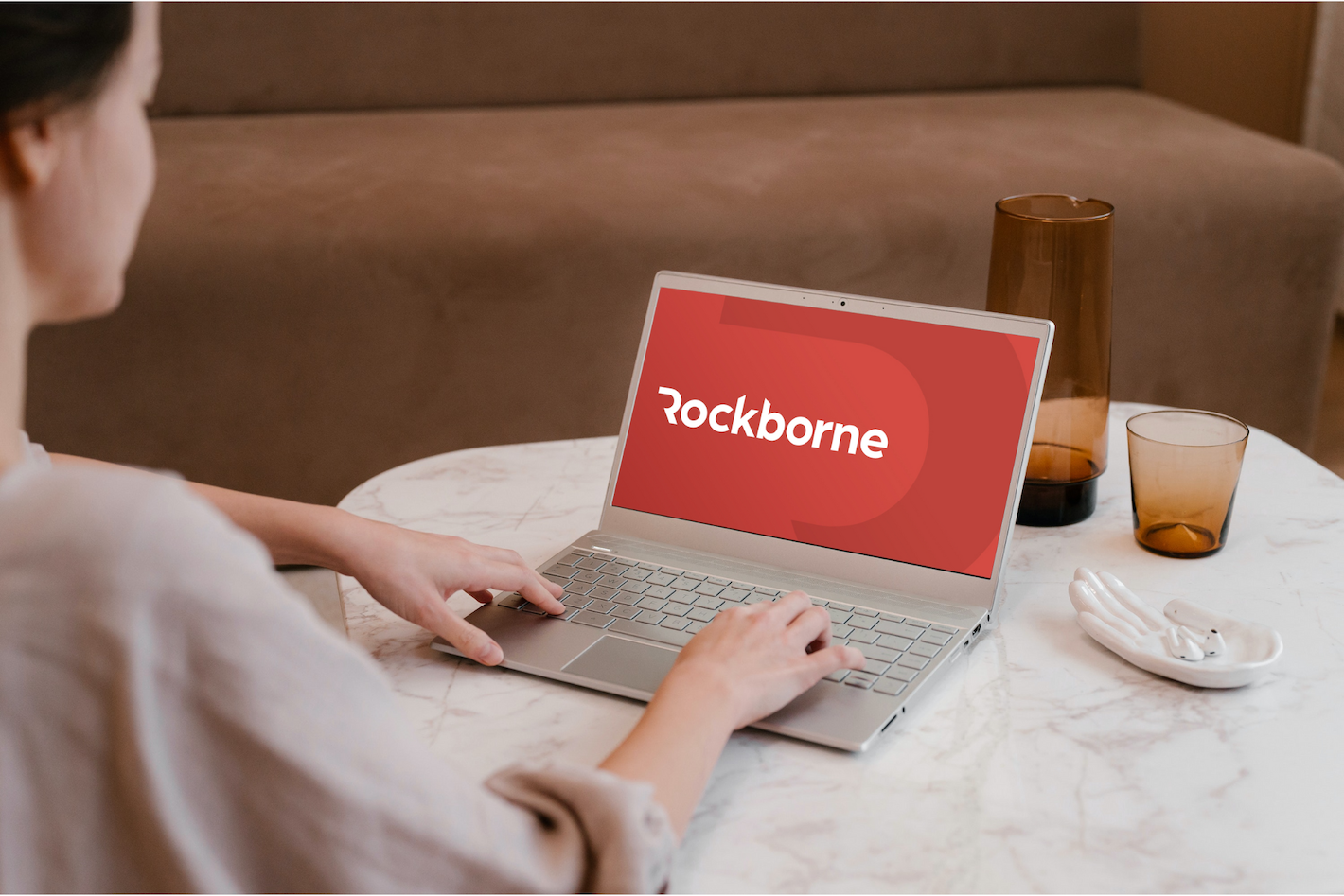We caught up with Liz Needham, Rockborne’s Communications Coach, to ask her how she is helping data professionals hone their soft skills, and why these skills are just as important as technical expertise.
Your role came as a result of identifying changes in the data industry – how have these impacted the need for soft skills?
The data industry is constantly changing and evolving, but the most significant change we’re seeing is the take-up of data usage from all companies. Teams that haven’t historically used data are now doing so – or more to the point, having to do so – to help them make important business decisions. And people who aren’t used to working with data need to understand what the data means. For example, take marketing, which has evolved to the extent that teams can determine purchasing behaviour by analysing data, leading to more effective and targeted campaigns that lean on very specific trends. But marketing teams need people who can translate the data clearly, in a jargon-free manner, in order to derive insights and make the right decisions.
How important is it for data professionals to be ‘well-rounded’ in the current market?
Very. The feedback we get from our clients is that, while technical skills are important, they aren’t essential. What is essential are the softer skills; that these data professionals can hold a conversation, carry a meeting, ask questions, that they’re personable and engaged. Because it’s easy to train the technical stuff – like a coding language; you can learn Python in a boot camp. But you can’t just do a one-off training session in confidence, or jump on a public speaking course and then hope for the best. Soft skills need to be embedded into a longer-term programme that is constantly built on, with the opportunity to role-play and practise different scenarios so there is a practical element to the participants’ experience.
What does your work at Rockborne entail to give consultants direction in developing these skills?
My training at Rockborne focuses on the skills needed for data professionals to build trust and relationships with their teams. This is a generalisation but, based on my experience working with data professionals, especially those early on in their careers, I’ve found that many are quite introverted. Our training at Rockborne has been designed to help data professionals feel more comfortable in groups. It gets people to practise public speaking, debating, and networking, and develops key skills like active listening and self-awareness. Assertiveness is another important area; learning to set boundaries is something that many of us find difficult but people who are withdrawn particularly struggle with this.
What did you do before you joined Rockborne?
I did a BSc in psychology at the University of Sheffield and followed this with a Master’s in Organisational Psychology at the University of Leeds – and experience working for a charity that helped students from lower socioeconomic backgrounds. My job there involved a lot of video forums and skills workshops, so I’ve experience building out this type of content. Having also done training myself, I’ve seen what works and what doesn’t and have incorporated this into my own programme.
Perhaps a difficult question to answer, given the variety, but what does a typical day look like for you at Rockborne?
Yes, every single day is different! I might do a morning of training, let’s say on networking, which will involve a three-hour interactive workshop. I might follow that with some role-play activities and exercises in the afternoon, putting people in difficult situations and testing how they handle them.
How has COVID changed the landscape in terms of how consultants are approaching the job market and their willingness to develop these skills?
COVID is very interesting, particularly for the age group that has come through university when they were forced into lockdowns and studying virtually, which limited their opportunity to mingle and socialise with their other classmates. There has been ample research on the impacts of this. While the effects differ from person to person, it seems there’s been a collective shift to more hyper-independent ways of working and a general preference for (or perhaps merely acclimatisation to) autonomous work. Because of this, we put a strong focus on soft skills throughout our 13-week training programme, to give consultants plenty of opportunities to work together and socialise, and hopefully, make up for lost time.
Looking to upskill your data team’s soft skills? Book a data training session with Rockborne today.



